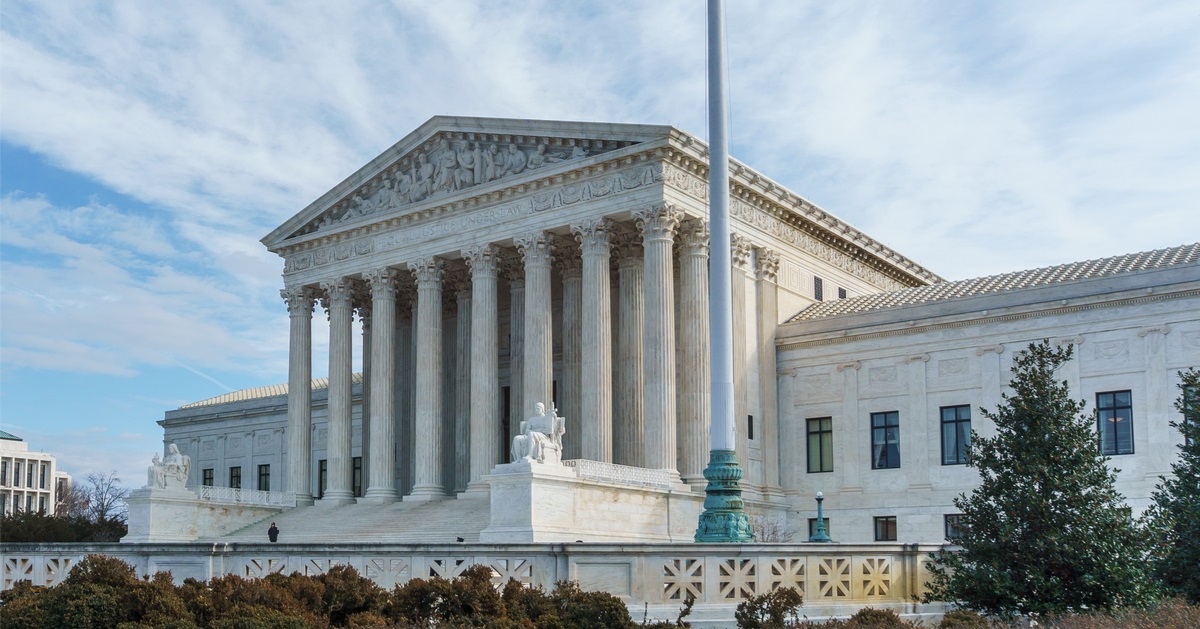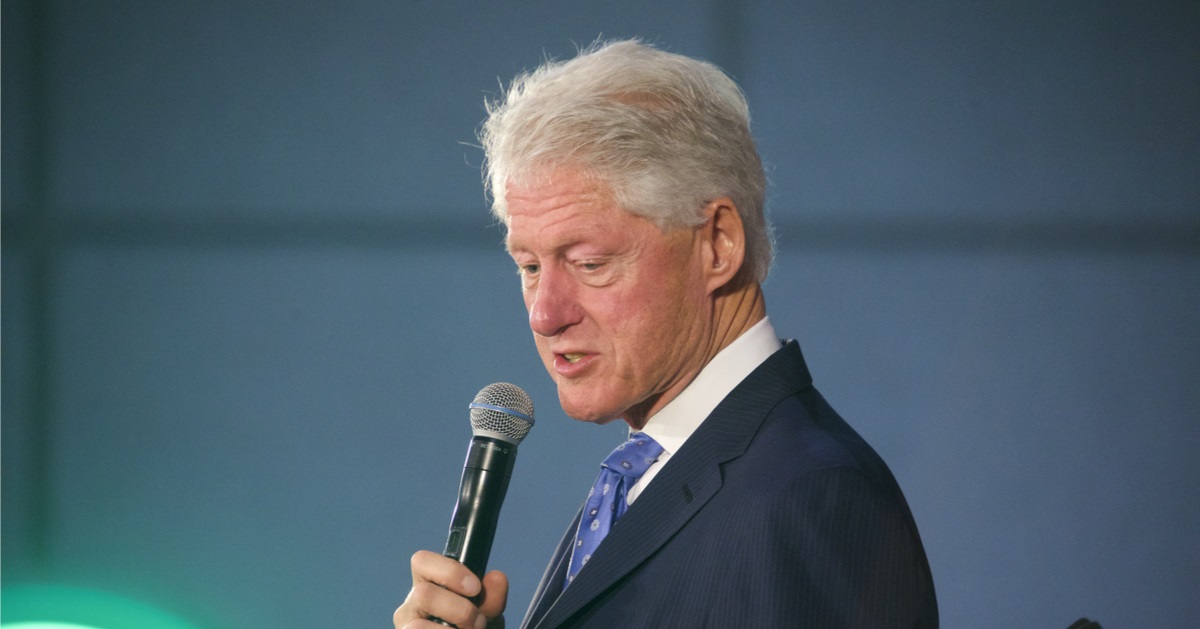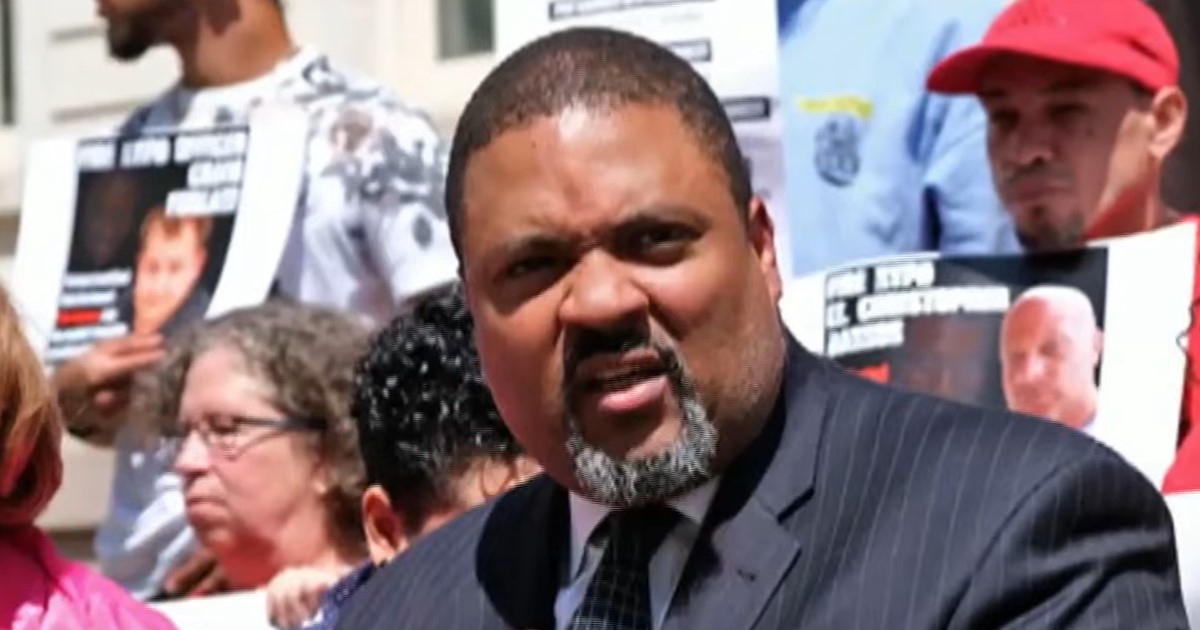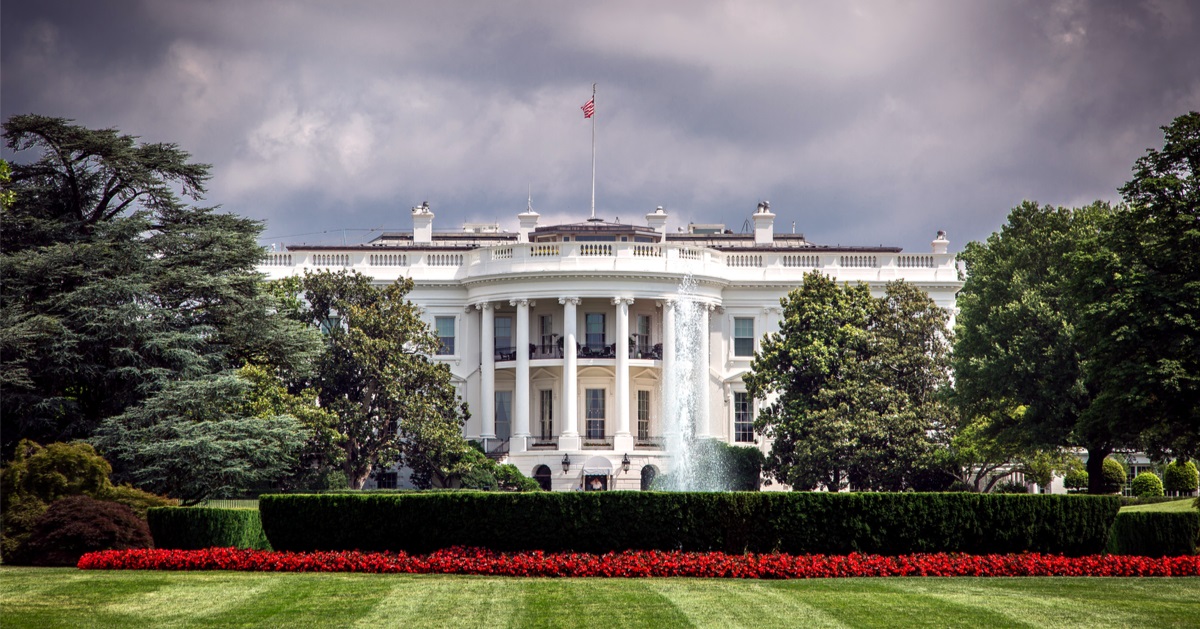SCOTUS blocks proposed opioid settlement agreement for Purdue Pharma that shielded owner Sackler family from liability
In 2019, amid thousands of lawsuits, Purdue Pharma, the maker of the powerfully addictive opioid painkiller OxyContin, filed for bankruptcy but eventually reached a deal with the bankruptcy court for the Sackler family, which owned and controlled the company and did not file for bankruptcy, to be forever protected from all future claims of liability.
On Thursday, the Supreme Court issued a 5-4 ruling that effectively pulled the rug out from beneath that deal and exposed the Sackler family to liability lawsuits while simultaneously threatening the settlement payments that creditors and victims had hoped to receive, NBC News reported.
The majority ruled that the bankruptcy court lacked the statutory authority to discharge the non-debtor Sackler family from future liability while the court's minority lamented the "devastating" negative impact the ruling would have on victims who'd hoped to be compensated by the proposed settlement.
Proposed settlement protected Sackler family from all liability claims
According to SCOTUSblog, about two years after Purdue Pharma had declared bankruptcy, the bankruptcy court approved a proposed plan that would convert the company into a nonprofit devoted to combatting the opioid epidemic it played a role in creating while also shielding the Sackler family, who had overtime withdrawn themselves and around $11 billion in profits from the company, from all future liability claims if the family contributed around $6 billion to the settlement.
There were objections and a federal court struck down the plan, only for the 2nd Circuit Court of Appeals to revive it under a supposed "catchall" statutory provision that allows for settlement plans to "include any other appropriate provision not inconsistent with the applicable provisions of" the broader Bankruptcy Code.
Objections were again raised and the matter ended up at the Supreme Court, where arguments were heard last year and where the plan has now been blocked once again and remanded back to the 2nd Circuit for further proceedings.
Majority rules bankruptcy court lacked authority to discharge Sacklers from liability
Writing for the majority in Harrington v. Purdue Pharma, Justice Neil Gorsuch, joined by Justices Clarence Thomas, Sam Alito, Amy Coney Barrett, and Ketanji Brown Jackson, asserted that the bankruptcy court lacked the authority to approve the settlement plan that shielded the non-debtor Sackler family from all future liability claims.
The "catchall" provision the bankruptcy court relied on only applies to debtors, Gorsuch wrote, and "cannot be fairly read to endow a bankruptcy court with the 'radically different' power to discharge the debts of a non-debtor without the consent of affected non-debtor claimants."
"Confining ourselves to the question presented, we hold only that the bankruptcy code does not authorize a release and injunction that, as part of a plan of reorganization under Chapter 11, effectively seeks to discharge claims against a non-debtor without the consent of affected claimants," he concluded. "Because the Second Circuit ruled otherwise, its judgment is reversed and the case is remanded for further proceedings consistent with this opinion."
SCOTUSblog noted that Justice Brett Kavanaugh, joined by Chief Justice John Roberts and Justices Sonia Sotomayor and Elena Kagen, authored a lengthy dissent that said, "Today’s decision is wrong on the law and devastating for more than 100,000 opioid victims and their families."
He ultimately concluded that, "Given the broad statutory text -- 'appropriate' -- and the history of bankruptcy practice approving non-debtor releases in mass-tort bankruptcies, there is no good reason for the debilitating effects that the decision today imposes on the opioid victims in this case and on the bankruptcy system at large."
Company, family, and claimants' attorney react
NBC News reported that with the proposed settlement now effectively demolished, Purdue Pharma said in a statement that while the court's decision was "heart-crushing," it nonetheless "does nothing to deter us from the twin goals of using settlement dollars for opioid abatement and turning the company into an engine for good."
The Sackler family released a statement that said they "remain hopeful about reaching a resolution that provides substantial resources to help combat a complex public health crisis," and added that, "While we are confident that we would prevail in any future litigation given the profound misrepresentations about our families and the opioid crisis, we continue to believe that a swift negotiated agreement to provide billions of dollars for people and communities in need is the best way forward."
An attorney representing some of the claimants, Jayne Conroy, also expressed disappointment in the ruling and said that lawsuits against the Sacklers, which had been placed on hold by the proposed settlement, would swiftly resume without a new deal, and further warned that the family would face "a lot of pressure" to reach a new settlement or else be faced with "a massive onslaught to secure assets that may be hidden around the world."






